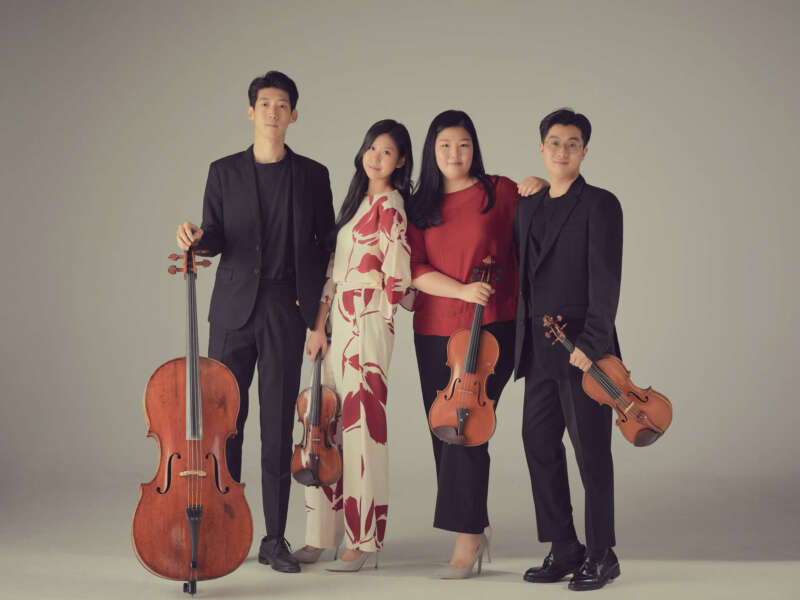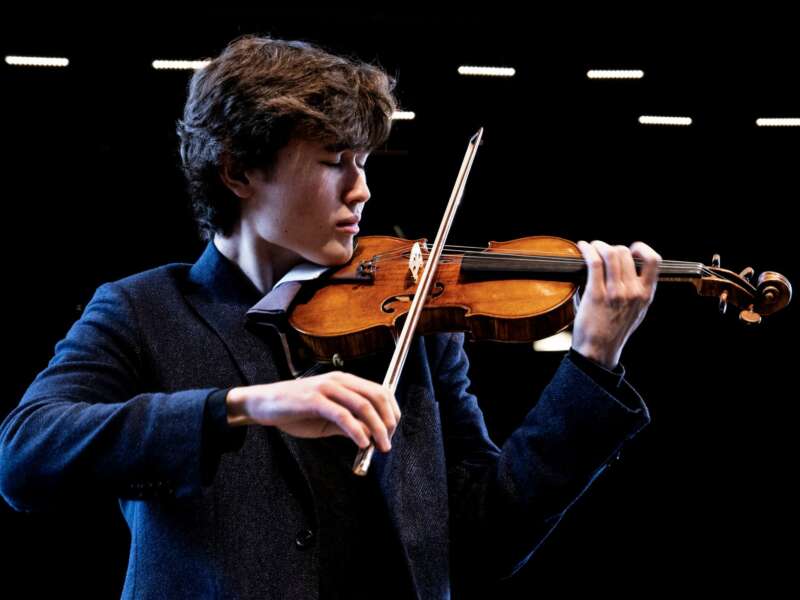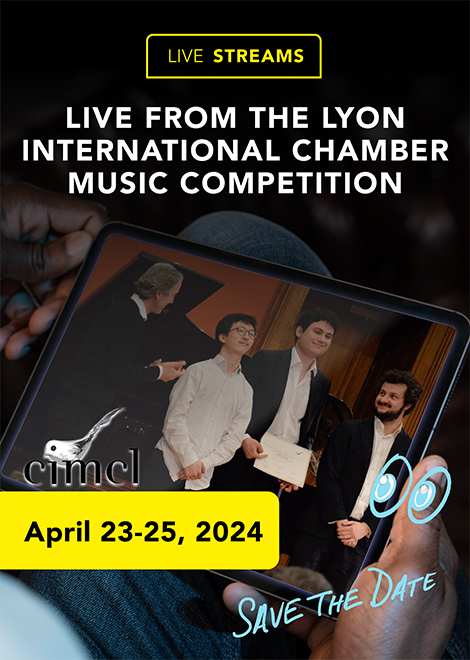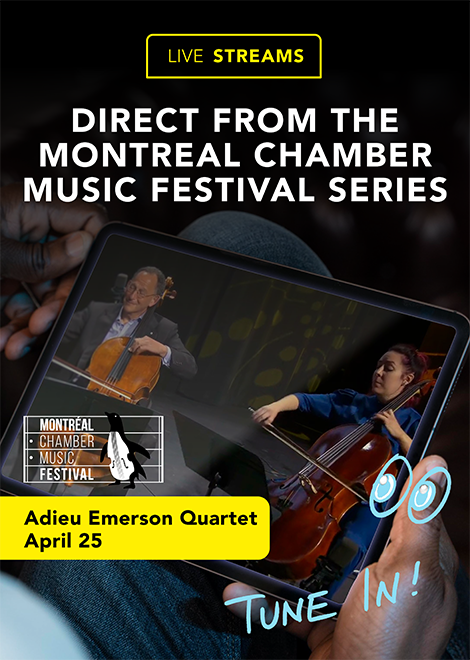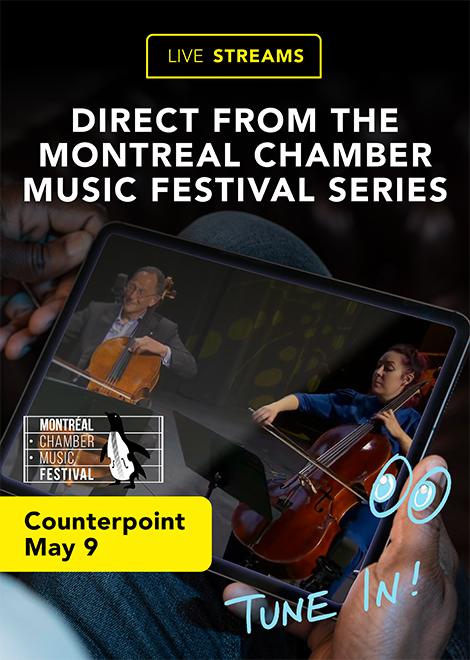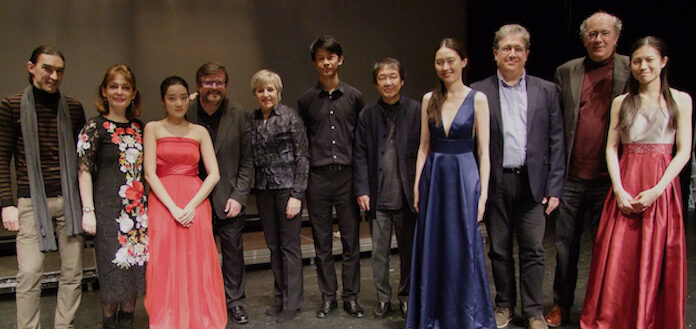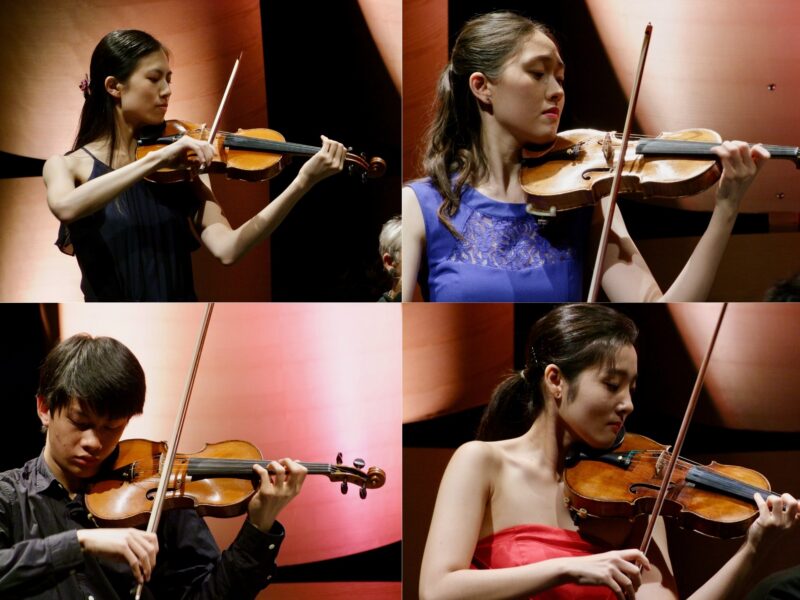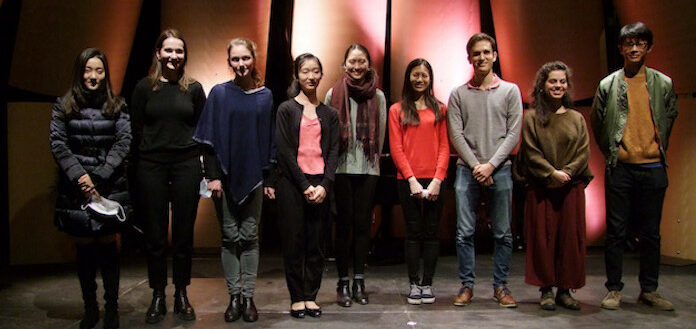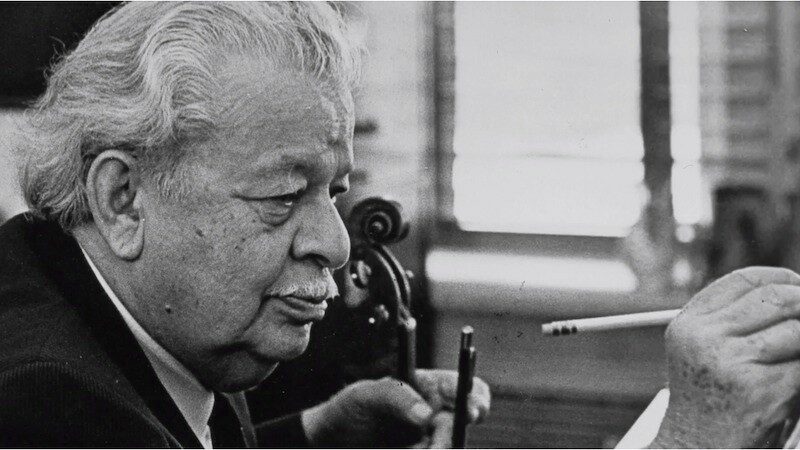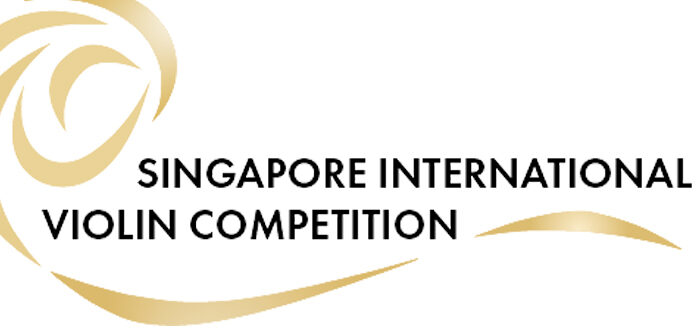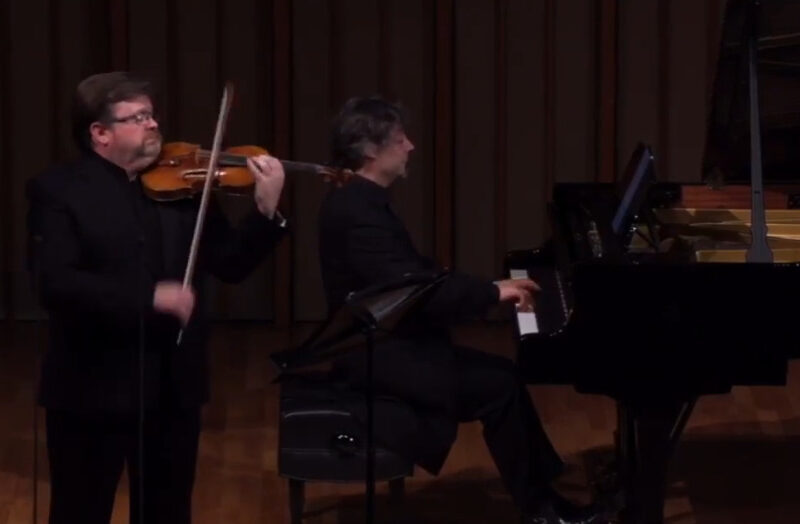Martin Beaver Shares His Thoughts on Why Slow Practice is so Important
"Why is it so important to practice slowly?" We threw the question over to Colburn School of Music professor Martin Beaver.
Behind the scenes of that spectacular performance is the process of continually perfecting our playing before bringing it out on stage. The process of practicing can be daunting, but sometimes it can be helpful to take a few steps back and return to the basics. One thing is for sure: slow practice is a must. VC reader Adam wanted to know why it's so important to practice slowly.
What are your thoughts on slow practice? Please leave a comment below, we are keen to know your thoughts.
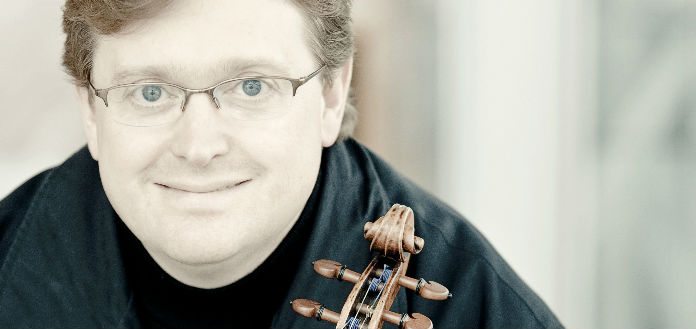
Violinist Martin Beaver Discusses the Importance of Slow Practice
Dear Adam,
Excellent question! Discussing the subject recently during a lesson, my student admitted: “Slow practice is so revealing.” There, in a nutshell, is your answer!
During televised sporting events, slow motion replays are used to analyze various aspects of the action – the coordination between teammates, the timing of maneuvers and the commonality of form between pairs of athletes. These aspects are much harder to observe at normal speed. This information is of great use not only to TV commentators but, most importantly, to athletes and coaches in training.
For violinists at any level, slow practice is our “slow motion analysis.”
It allows us to gather information using our ears, eyes and sense of touch that, especially in faster passages, would be harder for our brains to register and retain. Slow practice encourages coordination between the hands and the execution of passages in a confident and relaxed manner. It also helps to avoid the physical and mental tension one can experience by charging at a passage and hoping for the best.
Here are a few ways that illustrate the importance of slow practice -- by no means a comprehensive list!:
- Left hand dexterity – Slow practice allows one to effectively monitor finger action (optimal height and speed of the lifting action in a given passage, fingertip contact with the string and fingerboard) which improves left hand clarity in passages of any speed. Slow practice of dotted rhythms in a running passage helps rhythmic stability as well. Slow shifting practice helps find the optimum fingertip contact, consistency of shifting speed and accuracy of intonation for any type of shift, whether expressive or expeditious.
- Intonation – This is a “biggie”. Slow practice (combined with critical listening) helps identify faulty intonation that the ear would not necessarily catch in a passage played in tempo. Mistakes can be calmly corrected by a) putting the fingers down in the correct place on the fingerboard, b) monitoring the curve and trajectory of the finger as it is lifted and dropped onto the fingerboard as well as the area of the fingertip and the firmness of contact with the string and fingerboard, and c) finding the optimal position of the left arm and its components (point of contact of the left thumb with the neck, position of the elbow under the violin relative to each string, etc.) to allow the fingers of the left hand to find notes as effortlessly as possible. All these aspects - aural, visual and tactile - can be more easily absorbed.
- Right hand technique – At slower speeds, it is easier to monitor bow distribution, straightness of bow, consistency of contact point for tone production and the position and fluidity of all the components of a violinist’s bow arm (fingers, wrist, lower arm, elbow, upper arm and shoulder). Long tones can be an excellent exercise in this regard. Also, the use of a mirror when practicing (or filming yourself with a video camera or a smartphone) can be of additional help in monitoring these aspects.
- Other benefits of slow practice include memorization as the brain more easily assimilates note sequences and bowing patterns with clarity and without panic. In this way, the visual, aural and tactile information are more firmly retained in one’s memory. Also, clarity in musical direction is found by examining phrase shape and harmonic sequences at a slower tempo. Polyphonic textures in Bach’s solo violin works, for instance, may be more apparent at a slower tempo.
Slow practice is a crucial part of any violinist’s practice regimen. However, I feel compelled to stress that, in the long run, slow practice is truly effective as a component of a careful and incremental method to bring a passage or work up to its desired tempo. In my experience, practicing slowly and then playing at full speed will not be nearly as effective in achieving permanence in correct form, intonation and relaxation as with a gradual approach.
I hope this helps shed some light on the subject and I wish you the best of luck in your violin studies!
-Martin
Do you have a burning questions for one of the pros? Simply email: [email protected]
Mr Martin Beaver served as 1st violinist with the famed Tokyo String Quartet from 2002 until the group’s disbandment in 2013. He currently serves a Violin Professorship and as Co-Director of the String Chamber Music program, on faculty at the Colburn School, in Los Angeles. He is a laureate of the Queen Elisabeth Competition in Belgium, the 1990 International Violin Competition of Indianapolis, and the 1991 Montreal International Music Competition. Mr. Beaver is a founding member of the Montrose Trio with pianist Jon Kimura Parker and cellist Clive Greensmith. Mr. Beaver plays a 1789 Nicola Bergonzi violin.
may 2024


